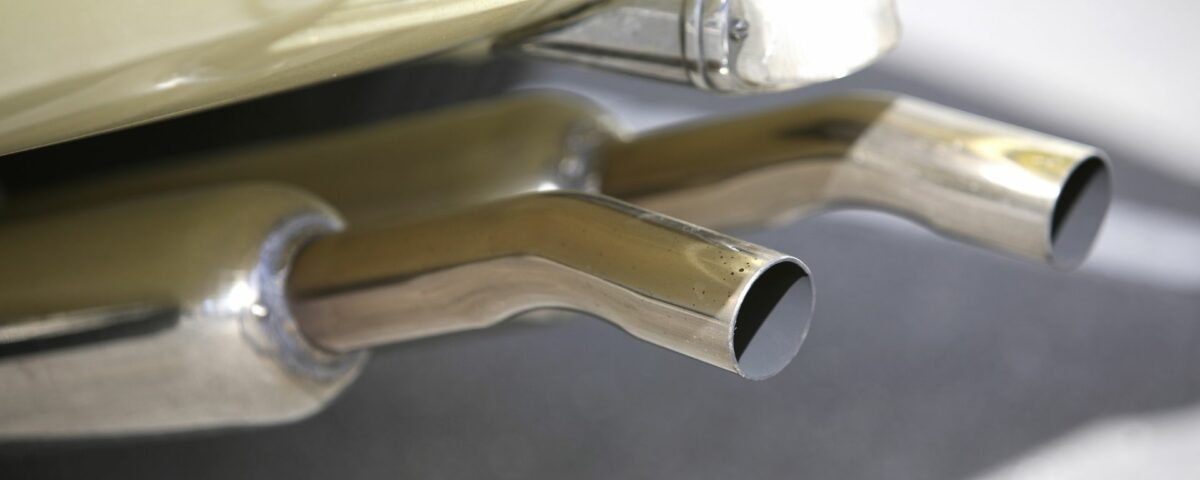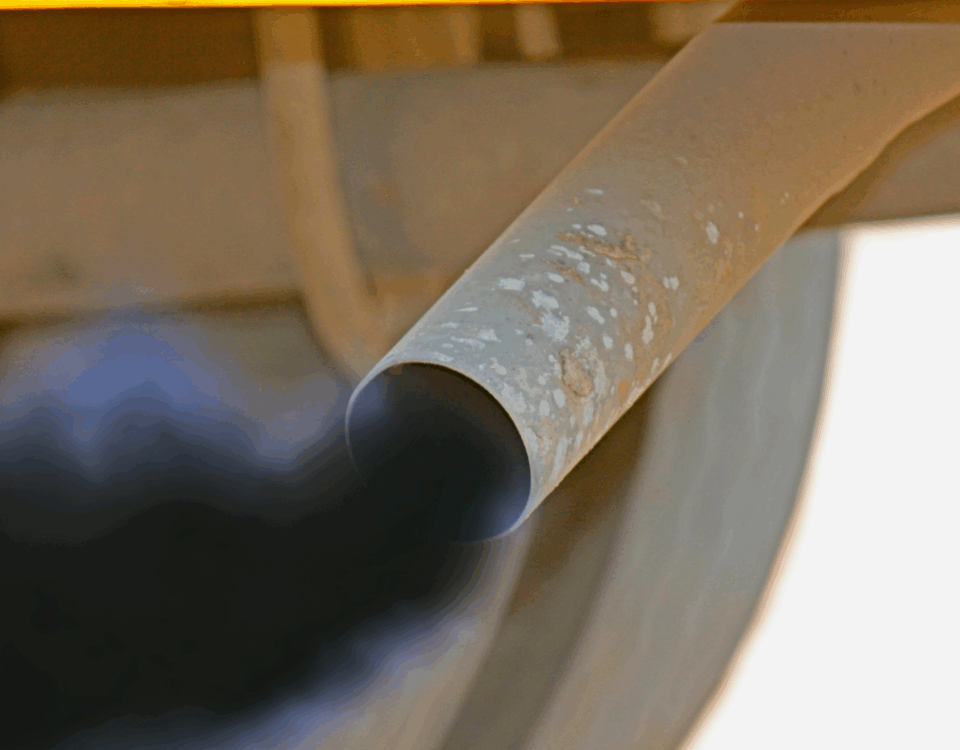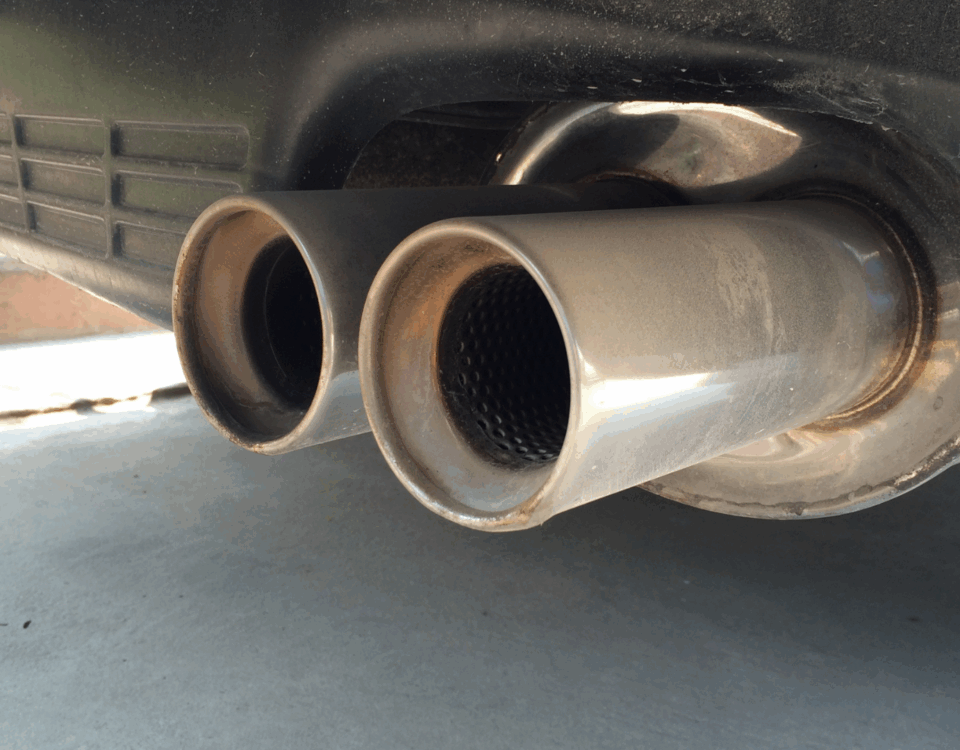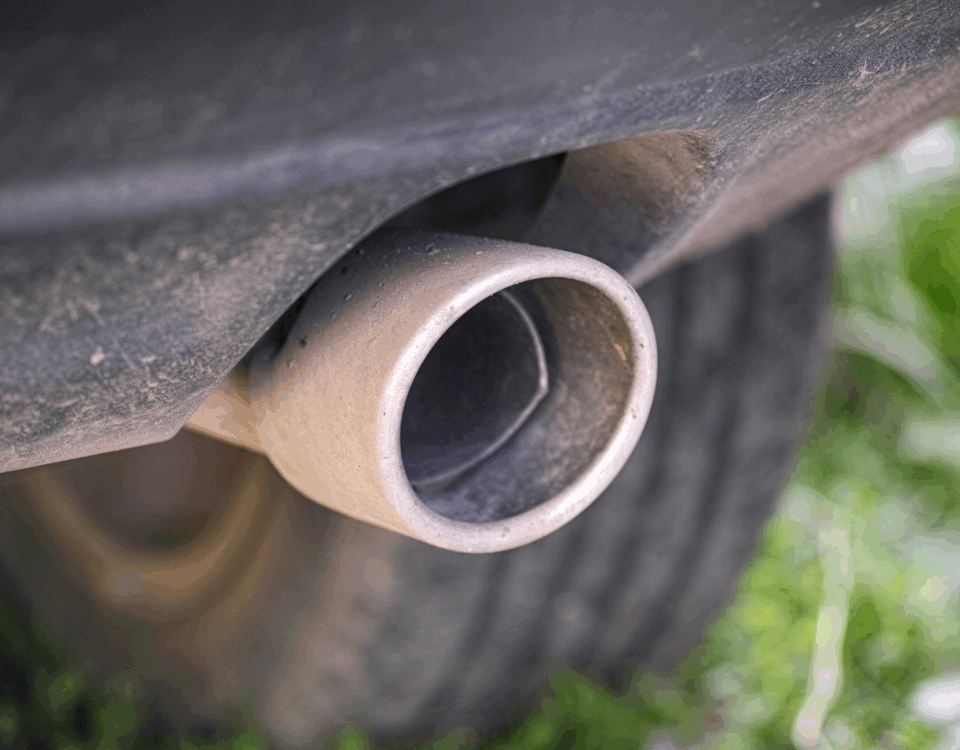
Vehicle Registration and Smog Inspection Stations: What You Need to Know
March 25, 2025
How Smog Inspection Stations Contribute to Vehicle Registration
April 4, 2025Ensuring Compliance with Environmental Laws
A smog inspection station plays a key role in ensuring vehicles comply with state and federal environmental regulations. Many states require a smog check before allowing registration renewal. The inspection measures the pollutants a vehicle emits and ensures they fall within legal limits. Without passing this test, vehicle owners cannot complete their registration process, making smog inspection stations essential for compliance.
Avoiding Registration Delays and Fines
Skipping a visit to a smog inspection station can lead to serious consequences. If a vehicle fails or does not undergo inspection, the owner may face registration delays or penalties. Driving with an expired registration due to a missed smog check can result in fines. Visiting a smog inspection station on time prevents these issues and ensures a smooth renewal process.
Maintaining Vehicle Performance and Efficiency
Regular visits to a smog inspection station can help detect early signs of engine problems. Emission-related issues often indicate underlying mechanical problems that affect fuel efficiency. By addressing these issues promptly, vehicle owners can improve their car’s performance while ensuring compliance. A well-maintained vehicle is more likely to pass a smog test and remain roadworthy.
Supporting Cleaner Air and Public Health
Smog inspection stations contribute to cleaner air by reducing vehicle emissions. High pollution levels from non-compliant cars can negatively impact public health. States with strict emission laws enforce smog inspections to ensure cleaner air quality. By keeping vehicles compliant, smog inspection stations play a crucial role in protecting the environment and community health.
Choosing a Certified Smog Inspection Station
Not all smog inspection station provide the same level of service. Vehicle owners should choose a certified and reputable station for accurate testing. Checking reviews and state certifications ensures reliable service. Regular vehicle maintenance, such as replacing air filters and ensuring the engine runs efficiently, increases the chances of passing the test. Visiting a smog inspection station well before the registration deadline allows time for any necessary repairs.






